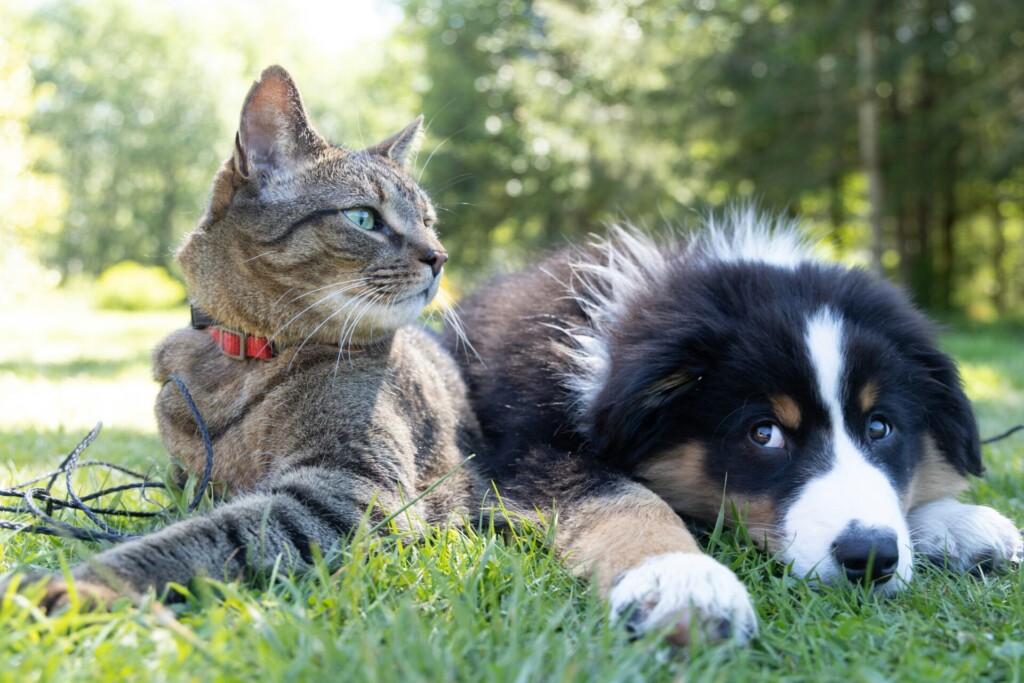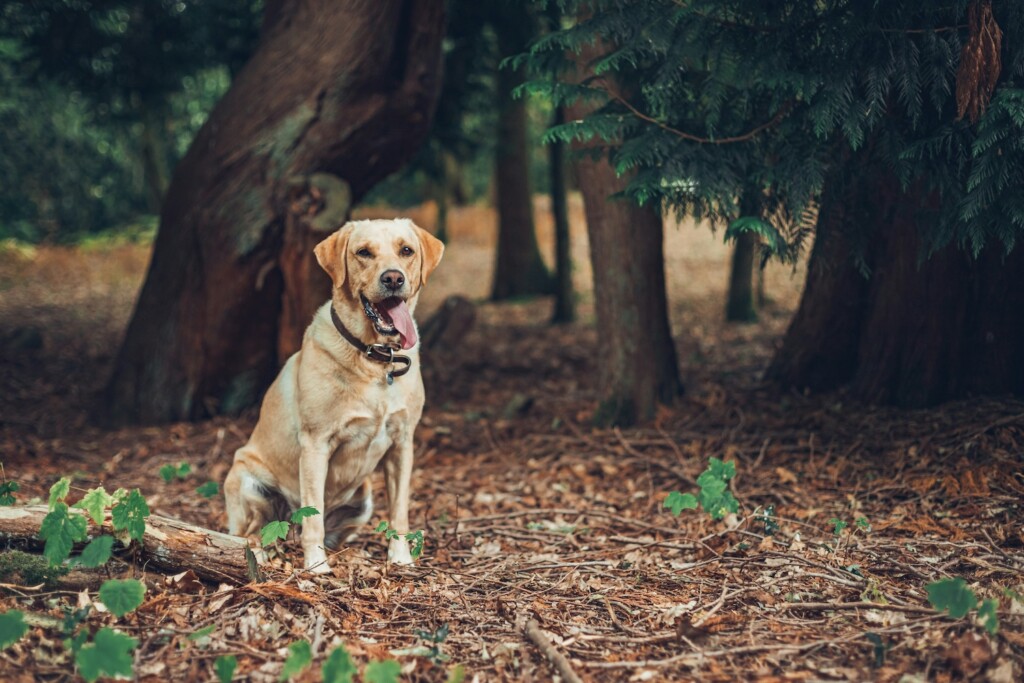With approximately 51% of UK adults owning a pet*, it is unsurprising that animals are increasingly featuring in discussions around marriage, as well as divorce and separation.
Vivienne Middleton, partner in the expert Family Law team at Lodders, answers some of the most frequently asked questions about pet-nups.
Are pets considered family in the eyes of the law?
Although many pet owners view their animals as being part of the family, under the law in English and Wales, pets are treated as personal belongings or chattels. As such, they are subject to the same property division principles that apply to other personal possessions during divorce proceedings, such as cars and furniture.
This can result in emotionally charged disputes, especially when both parties have a strong attachment to the pet. Having a pet-nup agreement in place can help mitigate these challenges by clearly outlining responsibilities and expectations from the outset, when relationships are on a sound footing.
What is a pet-nuptial agreement?
A pet-nuptial agreement, often referred to as a “pet-nup”, is a formal agreement between partners which outlines arrangements for the care, ownership, and financial responsibility of a pet should the relationship come to an end.
Although pet ownership has risen significantly in recent years, particularly since the pandemic, it is currently not standard practice for couples to have a formal pet-nuptial agreement in place. However, research by pet charity Blue Cross reveals that approximately four pets are surrendered to their care every week due to relationship breakdowns, highlighting the importance of considering pets when entering a relationship, marriage or civil partnership.
A pet-nup can exist as a stand-alone document or as a clause within a broader pre-nuptial or cohabitation agreement. It may include:
- Who will assume primary custody of the pet
- Financial arrangements for the pet’s ongoing care, for example, vet bills, insurance, grooming, and food
- Visitation or access terms for the non-residential party
Is a pet-nup legally binding in the UK?
Pet-nups are not automatically legally binding in England and Wales. However, they are a statement of intention, and the courts are increasingly willing to recognise the autonomy of individuals to enter into agreements of this nature. Prevention is far better than cure.
A well-prepared pet-nup can therefore provide certainty for the parties and the animals involved, with the intention of avoiding a legal dispute.
What are the benefits of a pet-nup?
A pet-nup offers a number of advantages, including:
- Helping to avoid disputes at an already difficult time, by setting out pre-agreed terms
- Lessening the emotional strain of making such decisions during separation
- Assisting with financial planning, by outlining how pet-related costs will be divided
Such agreements also prioritise the welfare of the pet, ensuring consistency in care and minimising disruption.
How do I make a pet-nuptial agreement?
If you are considering a pet-nup, it is advisable to begin by having an open and honest discussion with your partner. Key areas to cover include:
- Who will act as the primary caregiver
- How pet-related expenses will be divided
- What access, if any, the non-residential party will have
- Contingency plans for changes in circumstances
Once these matters have been considered, it is important to consult a specialist family lawyer who can draft a bespoke agreement tailored to your needs.
How we can help
Pet-nups are becoming an increasingly relevant and practical tool for couples who share pet ownership. They offer clarity, protect the wellbeing of pets, and help avoid emotionally and legally complex disputes during separation. In addition, they will help to reduce the number of pets surrendered to charities by separated couples.
For more information and guidance surrounding what happens to the family pet if you get divorced, read our blog here.
Lodders’ expert Family Law team provides specialist advice on pet-nuptial agreements.
To discuss creating a pet-nup tailored to your circumstances, get in touch with us today.
*How many pets are there in the UK? PDSA
For more information and insights on pet-nups, listen to Vivienne discussing the topic on BBC Radio Gloucestershire (14 April 2025) from 1:18:00, here.
Contact usContact us
Need more advice?
For help with a legal problem or more information on any of our services at Lodders, please get in touch with our friendly team. You can contact us via the number or email address below, or fill in the form and we will get back to you as quickly as we can.

Contact a member of the team
Read more
Other news, insights and events








